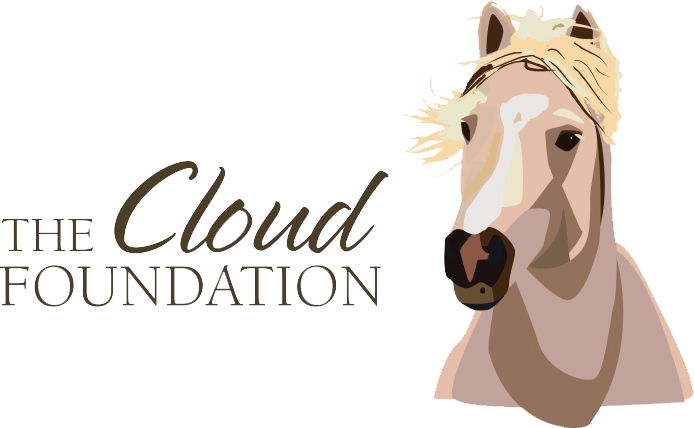PILGRIMAGE: The Wild Horse Question
By Chad Hanson
As a nation, we imprison almost as many mustangs as we allow in the wild. The situation strikes everybody as unfortunate-including public officials. Even so, the number of horses held captive in Bureau of Land Management (BLM) pens has grown. BLM agents find themselves without a strategy for managing the animals that Federal law charges them to protect. Questions loom with no answers. How many mustangs do we allow on the prairie? Where? Under what conditions? Do we sell them to slaughter houses? Can we increase adoptions? Sterilization? A good number of agribusiness people would like mustangs removed from public land in order to make more room for cows. Hunters claim that horses eat the plants that feed their quarry. Mustang advocates would have the BLM release the horses that they're currently holding captive. When you add up all of these perceptions, you find the sort of dilemma that policy scholars describe as a, "wicked problem."
The defining trait of wicked problems is they lack a technical solution. We cannot address them by determining true or false. Instead, they require us to make distinctions between good and bad. Rather than turning to data for answers, wicked problems demand that we judge potential solutions against an array of values, some of them at odds. The situation makes it hard to even frame proper questions.
